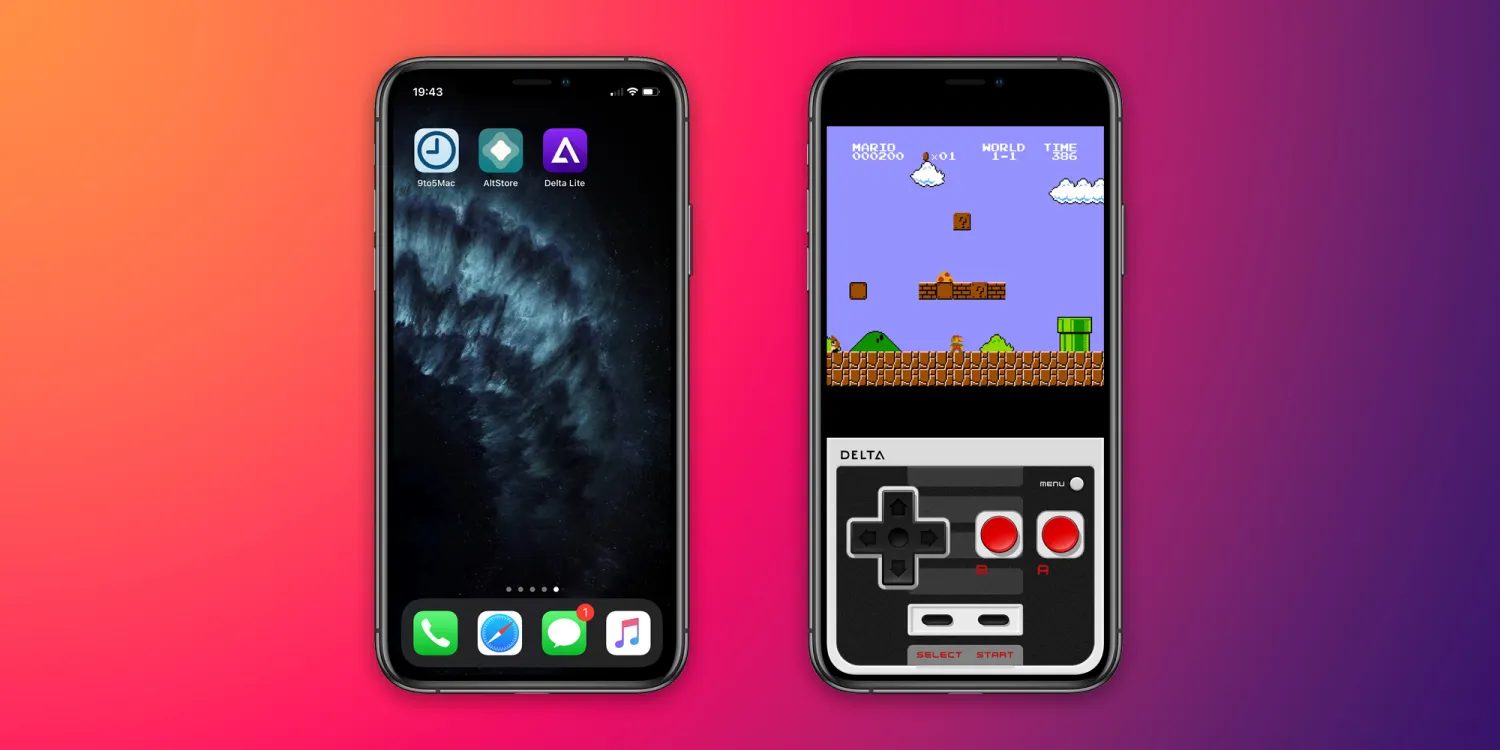
Apple Defends App Store in Opening Arguments in Apple v. Epic, Saying It Doesn’t Want to Be Android
Epic Games’s lawsuit against Apple over alleged anticompetitive behavior has finally come to court as Apple defended its control of its App Store.

According to a new report from CNBC, Epic Games alleges that Apple’s App Store has left users and developers “trapped” in an anticompetitive marketplace, while the iPhone maker accuses the creator of “Fortnite” of a “fundamental assault” on a business model that has enriched millions of developers.
The lawsuit from Epic argues that its inability to charge users directly, as it does with the desktop version of “Fortnite,” constitutes unfair competition.
In opening arguments, Epic argued that Apple purposely locks in its customers. Epics lawyers said that although “Epic is far from the only unhappy Apple developer and distributor,” it happened to be the one company that could “finally [say] enough to Apple’s monopolistic conduct” by “taking on the world’s largest company” in court over the matter.
“The evidence will show that Epic stands behind its decisions every step of the way,” said Epic’s outside attorney Katherine Forrest in her opening statement. “When they pick up the iPhone, users enter a different world. They are locked into a closed platform where they can only download apps from Apple, and each and every time they purchase in the app, a 30% tax is imposed.”
Apple, on the other hand, disagreed with Epic’s arguments, claiming that it built the App Store and gets to set its own rules, which it said are designed to ensure that apps are high-quality and secure. “Epic wants us to be Android, but we don’t want to be,” Apple lawyer Karen Dunn said. “And our consumers don’t want that either. They want the choice.”
The Apple lawyers also pointed to Epic asking Apple for a special side deal from the company before launching its attack on Apple. Apple’s lawyers also argued that Epic is asking it to remove a layer of security from the iOS ecosystem that could put users at risk of compromise.
“Businesses have been launched that would not have otherwise existed,” were it not for the App Store, Dunn said. “Jobs have been created worldwide. … A $20 billion company has decided that it doesn’t want to pay for Apple’s innovations anymore. So Epic is here, demanding that this court force Apple to get into its App Store untested and untrusted apps — something that Apple has never done.”
The court case is expected to last around three weeks.

